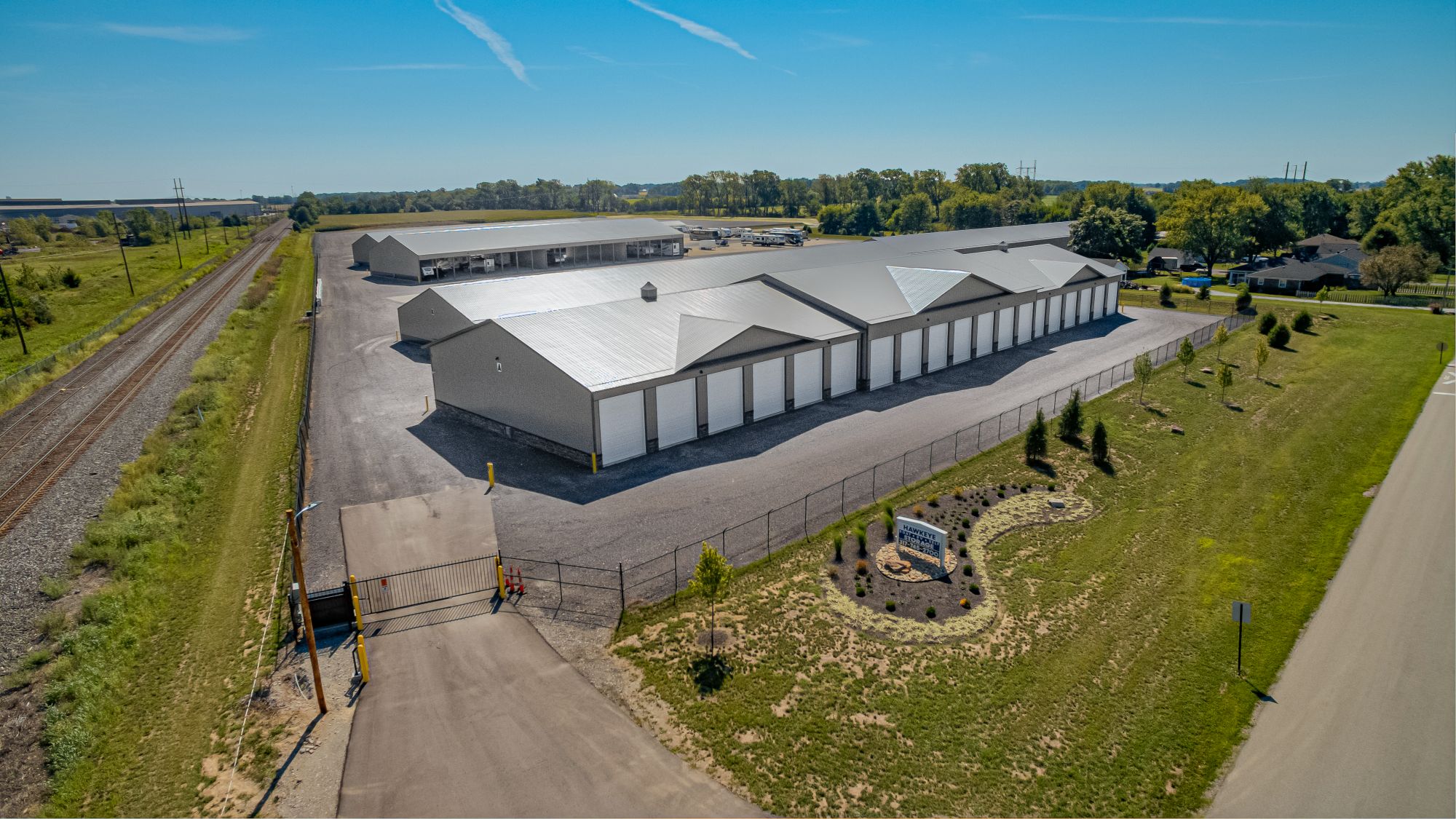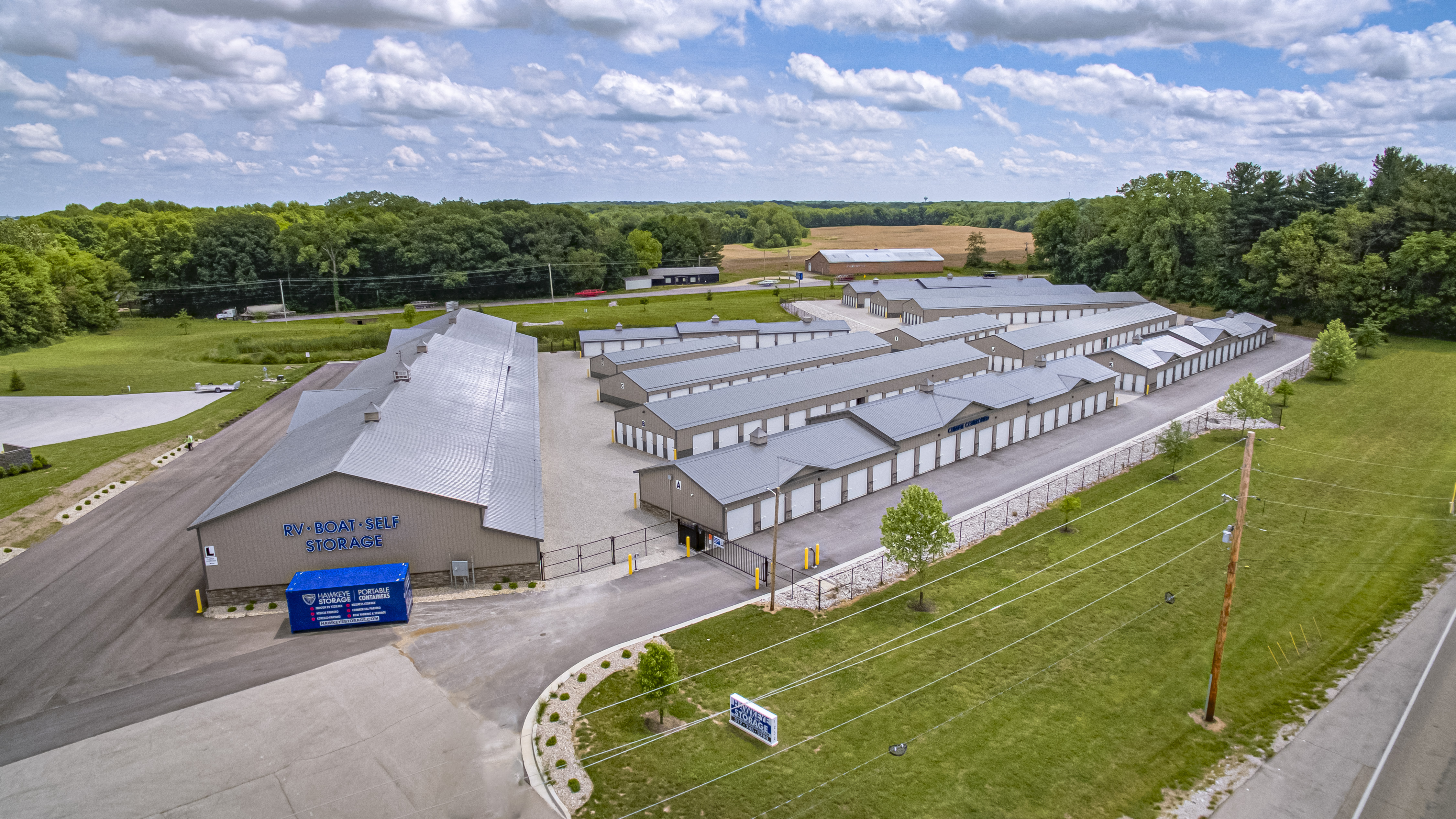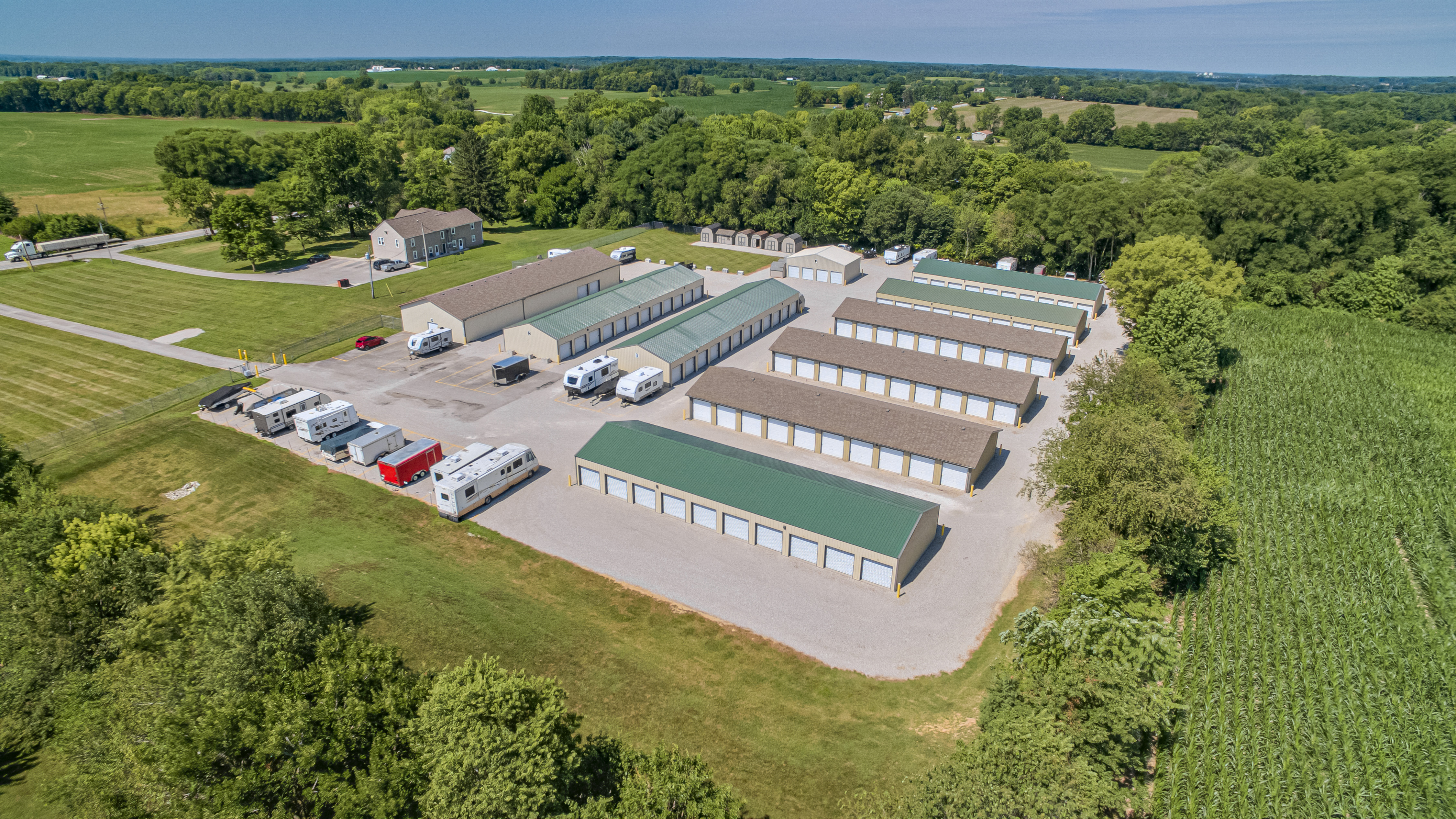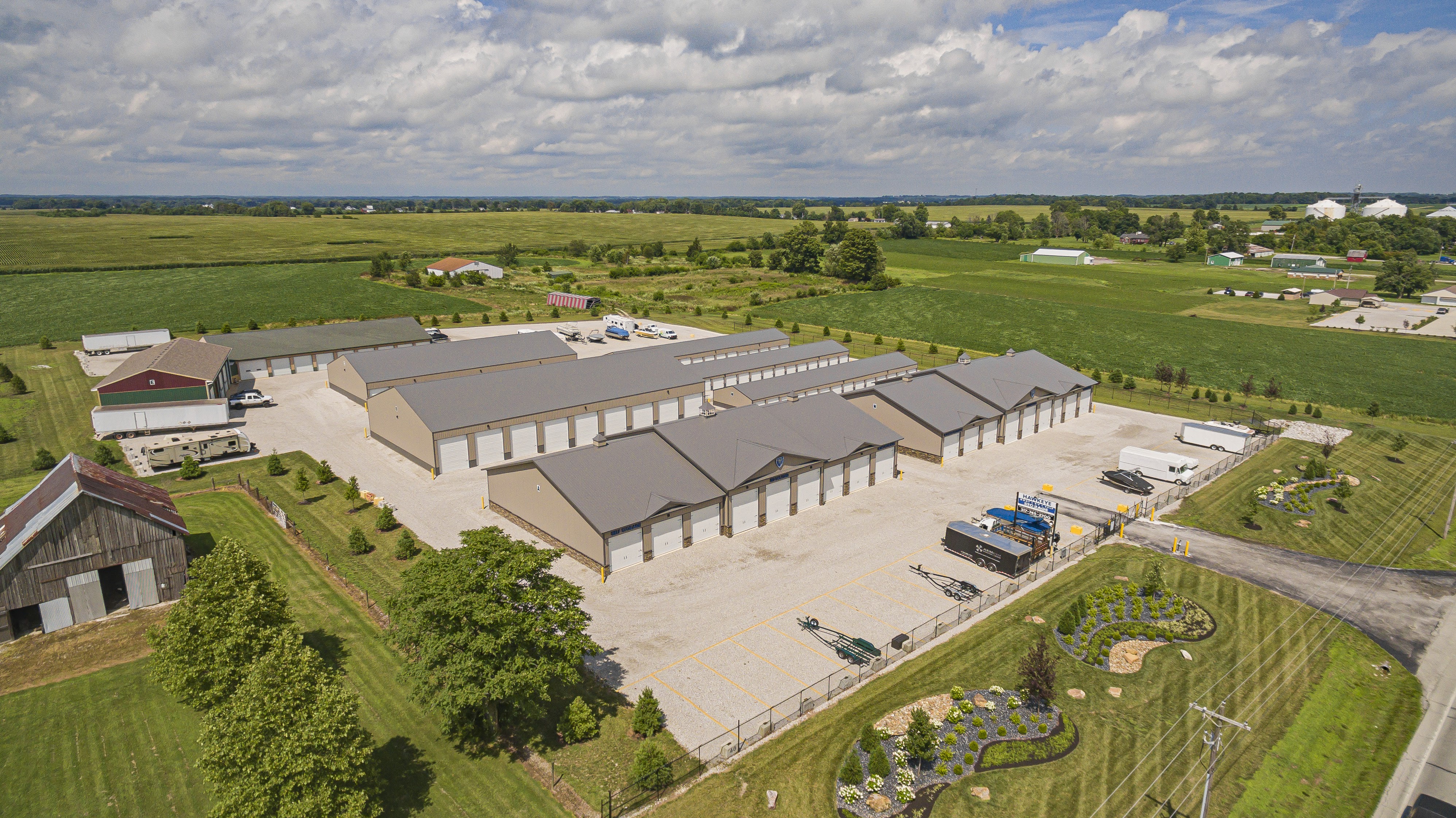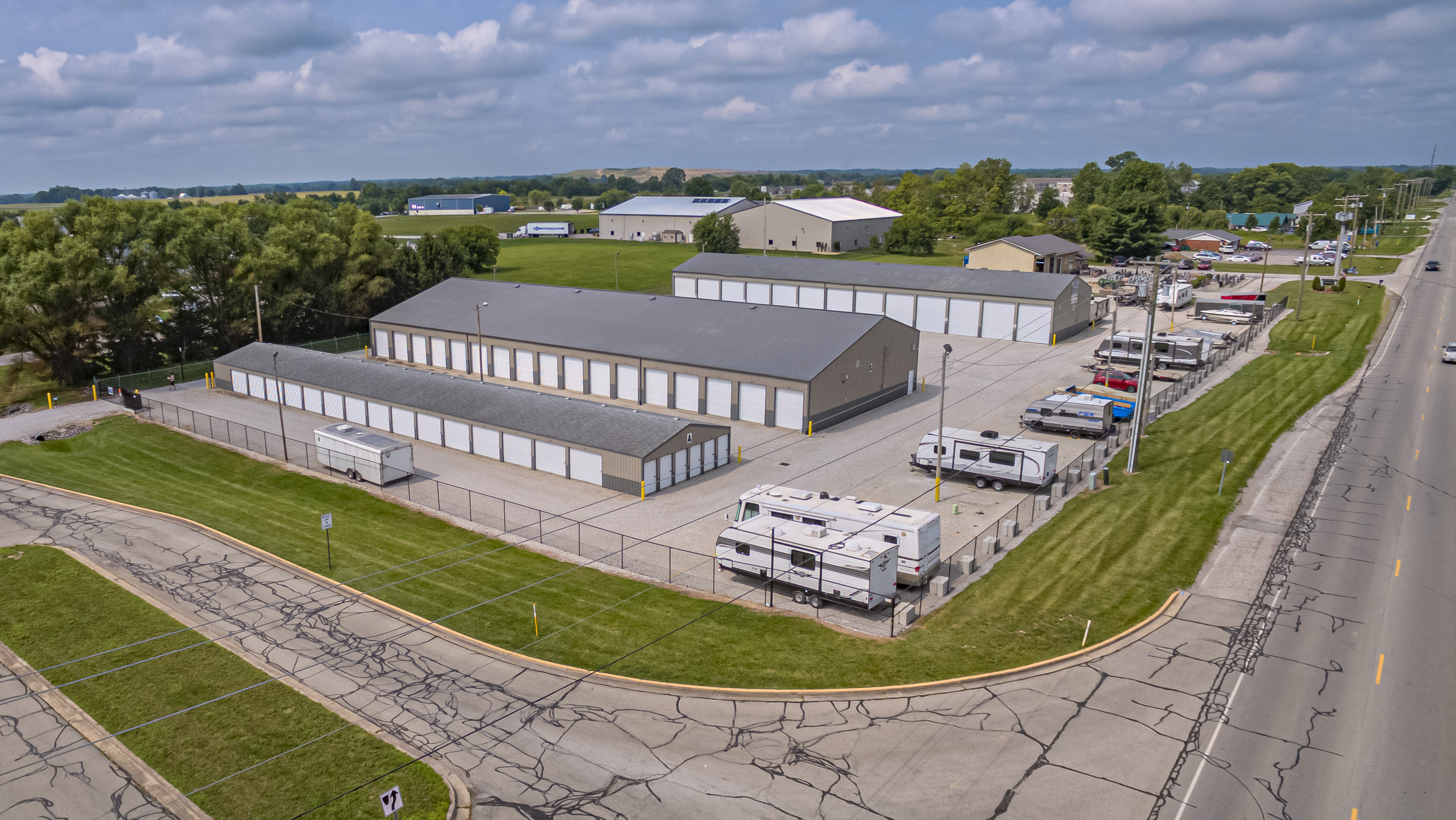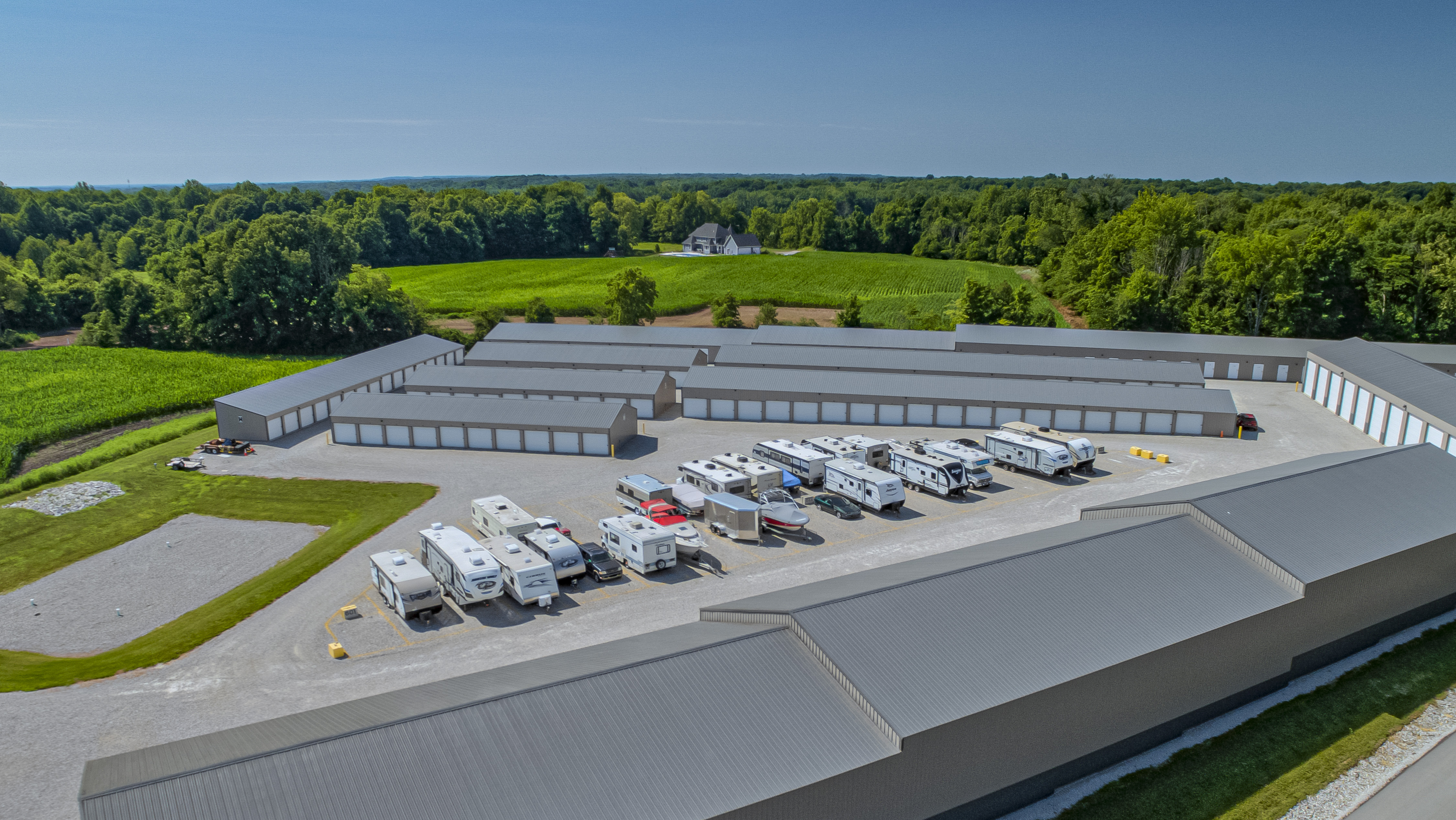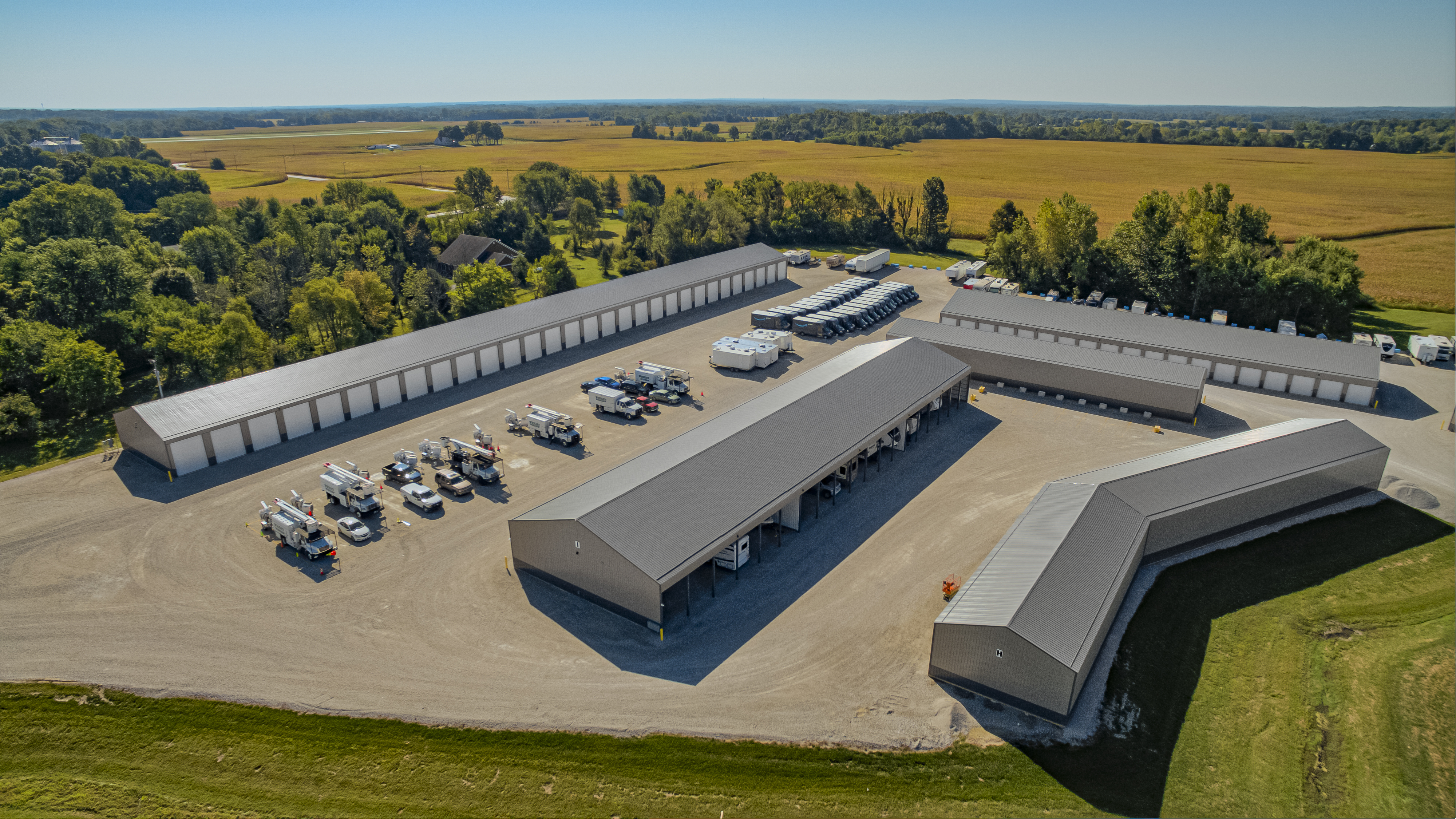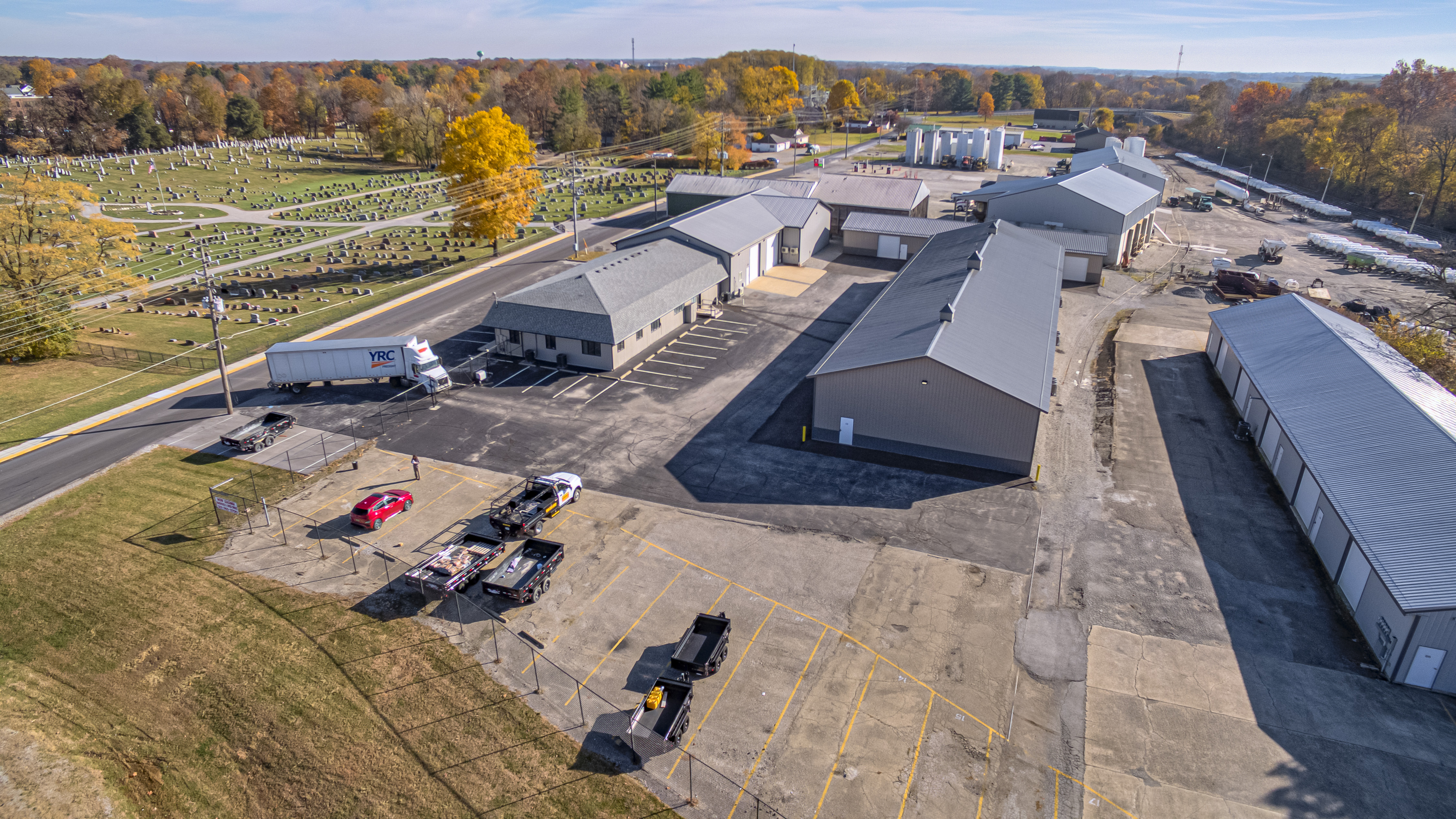Beat the Heat: Why You Need Indoor RV Storage This Summer in Indiana
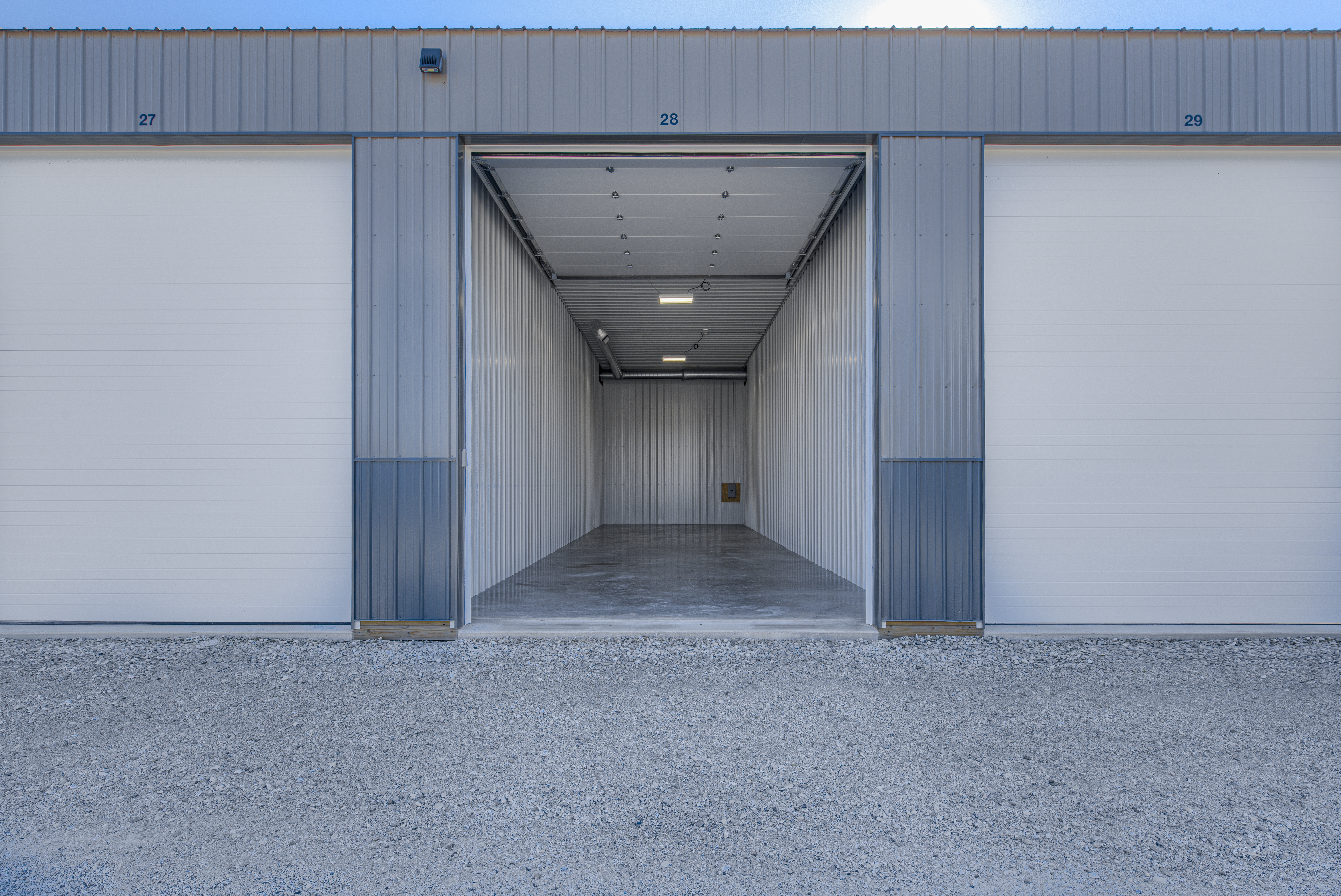
Summer in Indiana can be incredibly beautiful, with endless days of sunshine and blue skies. But as any seasoned RV owner will tell you, the heat and humidity can wreak havoc on your beloved vehicle if not properly cared for. This is where indoor RV storage steps in, offering an optimal solution to protect your RV throughout the sweltering summer months.
Protect Your Investment
Parking your RV outside may seem like a simple solution, but it exposes your vehicle to a range of potential issues. From the sun's relentless UV rays causing fading and cracking to the increased risk of damage from severe summer storms, outdoor parking can quickly become a costly mistake. Indoor storage, on the other hand, offers the safest route for your RV.
Climate Control: Your RV's Best Friend
Indiana's summer heat doesn't just affect the exterior of your RV. The interior, too, can suffer from the high temperatures and humidity levels, leading to potential mold and mildew growth, not to mention general discomfort when you step back inside.
At Hawkeye Storage, we offer climate-controlled units that maintain a consistent temperature and humidity level year-round. These cooled units are especially crucial in the summer, ensuring that your RV stays cool and dry. Climate control is particularly vital if you're storing your RV for an extended period, as it prevents long-term damage and deterioration to both the interior and exterior of your vehicle.
Power Up with Electricity
Another benefit of our indoor storage units is the availability of electricity. This feature is essential if you need to run appliances or want to maintain battery charge levels in your RV. Having access to electricity while in storage is a convenience that makes transitioning in and out of the storage period much smoother.
In Summary
Storing your RV shouldn't be a stressful experience. By choosing indoor RV storage at Hawkeye Storage, you're not just finding a place to park your vehicle; you're ensuring its longevity and readiness for your next adventure. So, this summer in Indiana, don't let the heat beat you. Instead, beat the heat with indoor RV storage. Contact us today to learn more about our climate-controlled units and to reserve your space.
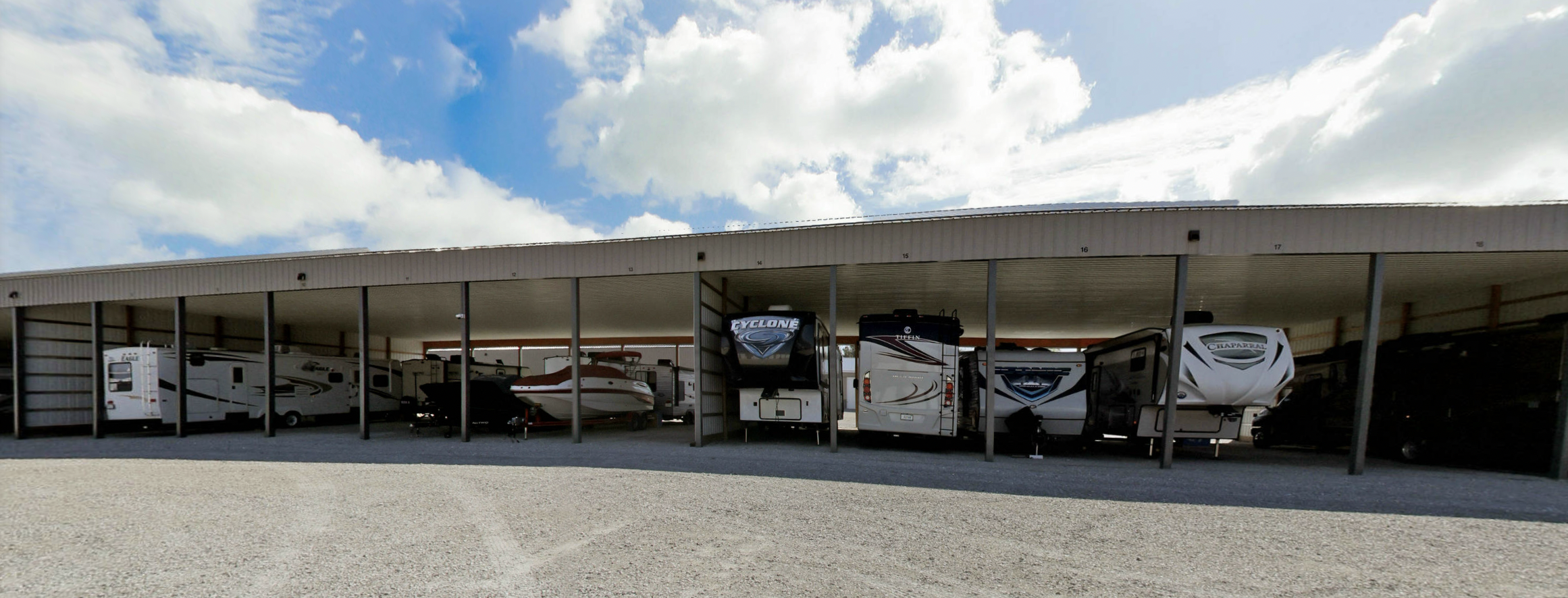
Understanding the Effects of Extreme Temperatures on Your RV
As an RV owner, it's essential to understand how extreme temperatures can impact your beloved vehicle. Whether you're traveling through scorching summer heat or facing frigid winter conditions, being aware of these effects will help you take necessary precautions and protect your investment. In this article, we will delve into the effects of extreme temperatures on your RV and provide valuable tips to mitigate potential damages.
Heat: The Enemy of Your RV Extreme heat can wreak havoc on your RV in multiple ways.
Here's what you need to know:
Fading and Cracking:
Prolonged exposure to intense sunlight and high temperatures can lead to fading and cracking of your RV's exterior paint, decals, and seals. Regular waxing and using UV protectants can help mitigate these effects.
Interior Damage:
The interior of your RV is not immune to heat. Excessive heat can cause damage to furniture, upholstery, and electronic components. Utilizing shades, window coverings, and vent fans can help reduce the internal temperature and minimize the risk of interior damage.
Tire Blowouts:
High temperatures can lead to increased tire pressure, making blowouts more likely. Regularly inspecting your RV's tires, maintaining proper inflation, and avoiding overloading can help prevent tire-related mishaps.
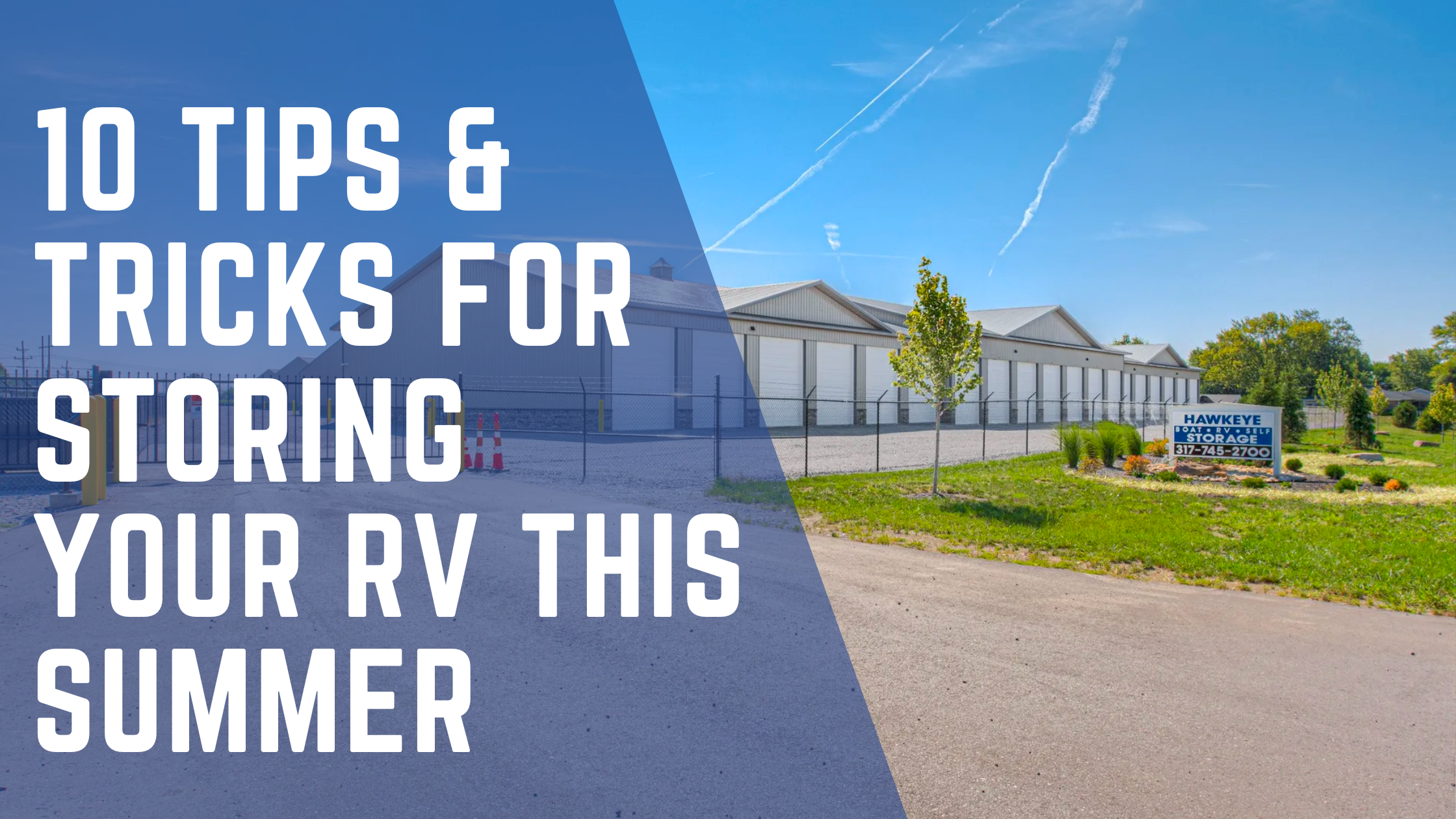
10 tips and tricks for storing your RV this summer:
1. Choose a suitable storage location: Select a secure storage facility that offers climate-controlled or covered storage options to protect your RV from the summer heat and elements.
2. Clean your RV thoroughly: Give your RV a thorough cleaning, both inside and out, to remove dirt, debris, and food particles that can attract pests or cause odors during storage.
3. Check for leaks and seal any openings: Inspect your RV for any signs of leaks or openings that may allow water or pests to enter. Seal them properly to prevent any potential damage.
4. Empty and clean holding tanks: Empty and thoroughly clean your RV's holding tanks to avoid any unpleasant odors or damage from stagnant water during storage.
5. Remove perishable items: Remove all perishable items from your RV, including food, beverages, and toiletries, to prevent mold, mildew, and pest infestations.
6. Protect against pests: Take measures to deter pests by using pest repellents, placing traps or deterrents inside the RV, and sealing any openings where pests could enter.
7. Cover tires and protect from UV rays: Use tire covers to protect your RV's tires from the damaging effects of UV rays. Consider using wheel chocks to prevent unnecessary strain on the tires during storage.
8. Maintain proper ventilation: Ensure adequate ventilation inside the RV during storage to prevent mold and mildew growth. Crack open windows or use vent covers to allow air circulation.
9. Disconnect or maintain batteries: Depending on the duration of storage, either disconnect the batteries or use a battery maintainer to prevent draining and prolong battery life.
10. Check on your RV periodically: Even during storage, periodically visit your RV to inspect for any signs of damage, ensure proper functioning of systems, and address any issues promptly.
By following these tips and tricks, you can ensure that your RV remains in good condition and is ready for your next adventure when you retrieve it from storage.

